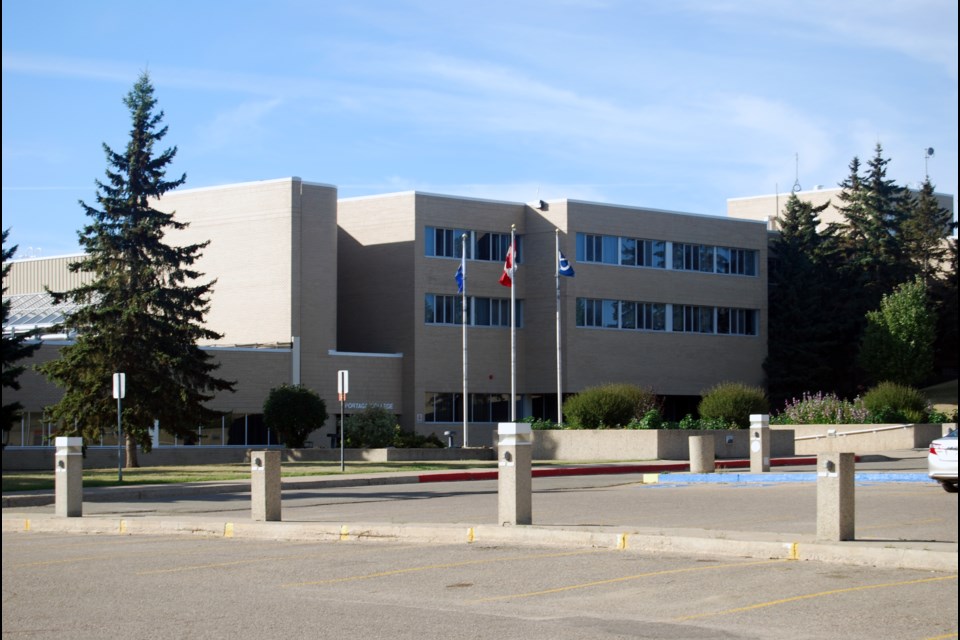LAKELAND - This fall, Portage College began rolling out three trades programs to students in the Lakeland region with many students eager to head to class in January.
In an effort to equip the local industry with skilled labourers and provide students in rural communities with education opportunities, the programs are hoping to support the future workforce and fill demands within various industries, said Don Moore, Portage College’s Dean of Trades.
“It's really about making sure that people have and can get the skills that they need in order to achieve their employment and career goals.”
The new programs include an apprenticeship for steamfitters/pipefitters, thanks to a joint partnership between Medicine Hat College and Portage College. Moore says after the theory requirements, the colleges “work together to be able to deliver the lab and technical training” on their own campuses.
Additionally, the Pre-employment Heavy Equipment Technician and the Pre-Apprenticeship Carpentry programs at the college are also being offered.
“It has been a booming time for trades at Portage College… With the oil patch heating up, there is a strong desire for some of those skilled professionals,” Moore said.
Provincial funding
Many of the programs were once offered, but due to a lack of student enrolment, costs and other challenges, they were pulled, said Moore. But through secured funding over the next three years from the Government of Alberta's $15 million commitment to expand trades education, Portage College will receive $421,000 to secure programming for select trades.
“It is so helpful to be able to have that kind of support. The reality is, trades training is expensive. We have labs that are involved, [and] we have ratios that we want to maintain. There are high levels of consumables, there are materials,” Moore says, speaking to the unique costs involved in offering the programs.
Demand for skilled tradespeople
Speaking with industry professionals, Moore says there is a huge need in the region for trained heavy equipment operators and heavy-duty mechanics, for example. At times, businesses and employers follow up and recruit students, which is a great entryway to starting off their careers, he explains.
“It's not uncommon for some of the students and trades training to be offered jobs while they're still in their training at Portage College… It's a great problem to have because I mean really, that's the point of these types of programs — let's get these folks ready for their careers.”
Heavy equipment operators “utilize graders, dozers, excavators, all that kind of stuff that's heavily utilized not only in the oil and gas industry,” he says, while heavy-duty mechanics fix vital equipment for operations, in forestry, municipalities and more. “They need sound skills, and training is necessary for employers for a variety of reasons,” such as safety on the worksite.
“Those big pieces of equipment that they're utilizing to be able to process and work in that area need maintenance, they [employers] need folks who are comfortable and skilled.”
More trades offered
Additionally, the Pre-apprenticeship Welding program has been ongoing at the college. One of the unique features of the welding program is academic upgrading for required math and communications skills, which are especially important for individuals who have been out of school for a long time, he says.
“If they don't have the prerequisites of the trade, then they get those prerequisites within the fall semester,” which is removing barriers and giving everyone interested an opportunity to succeed, notes Moore.
With more offerings in the Lakeland region to provide rural education, Moore says the college is looking forward to seeing more students succeed.
“I think on the one end it's really showing how rural colleges and rural areas can support one another to meet rural needs.”



